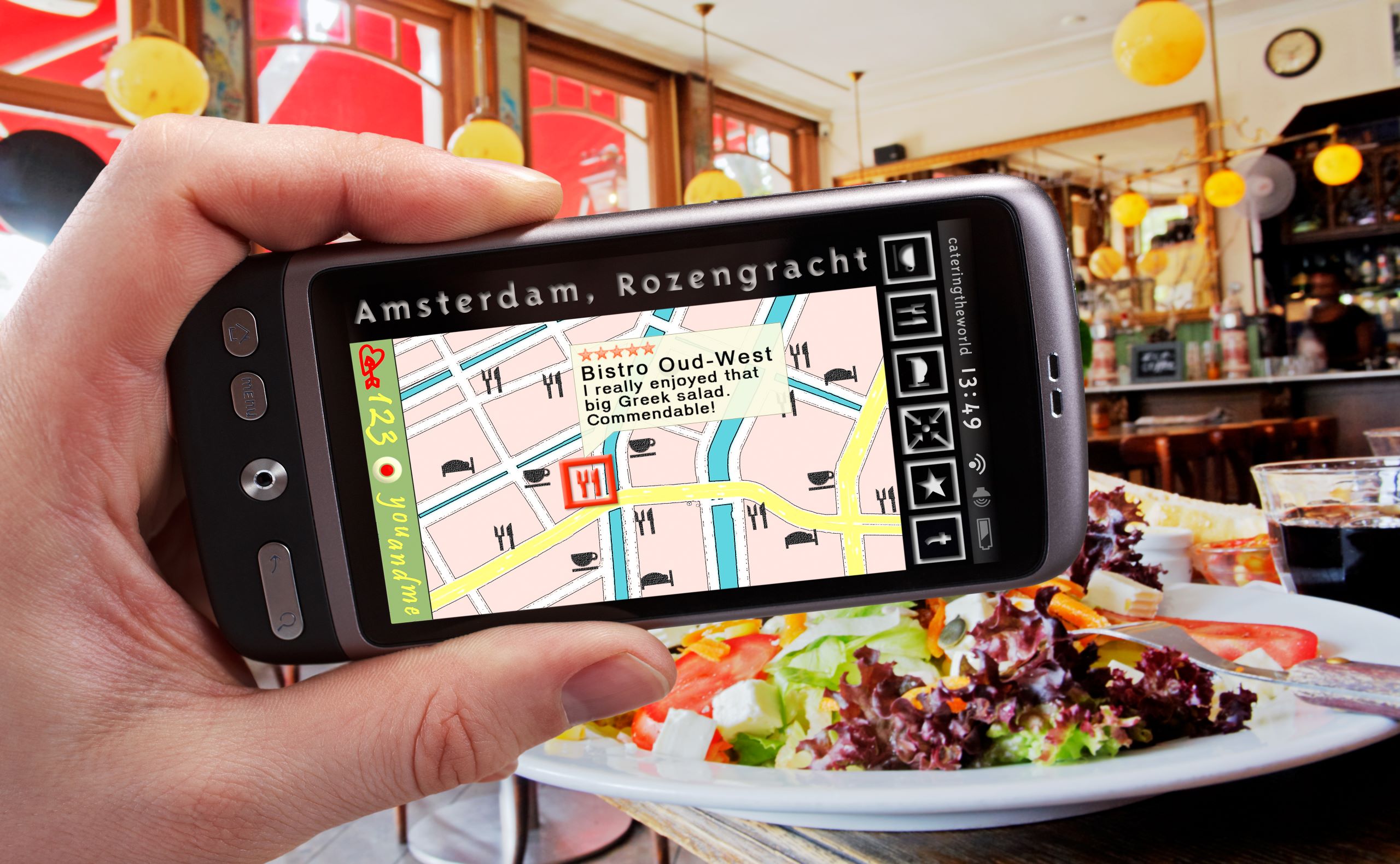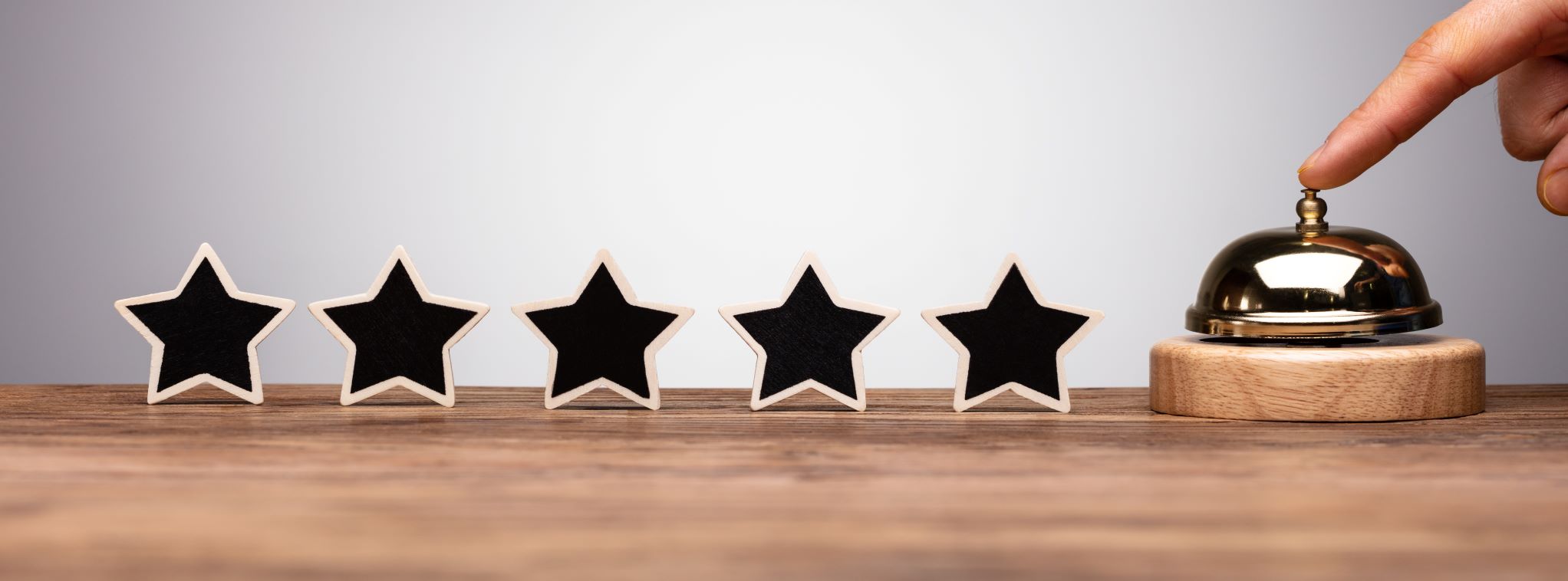Communication Is Essential to the Guest Experience

Communication is Essential
Communication is essential to the guest experience, and it is evident from the moment the experience begins.
You have arrived safely at your hotel. You check-in, unpack, and start your vacation; the fun part. You have a list of sights to see around town or the country. Maybe it is the beach on the other side of the hotel that is all that concerns you for the next five days.
Still, unexpected things happen, and you are going to need assistance. Communication will solve everything. Whether it is the front desk associate at the hotel, the owner of the Airbnb, or the rideshare driver, a few kind words and advice go a long way.
A recommendation from a local makes a restaurant seem authentic before you even see it. Every place has hidden surprises that don’t show up on a GPS. Personal communication in a foreign place is not only helpful for your plans, but it soothes nerves often frayed by travel.

The Digital Guest Experience
An app does not impact personal interaction, but it helps. With staffing shortages the norm, apps and property management systems now cater to travelers used to digital communication.
Most larger hotels offer check-ins, alerts, room service, and all information via mobile requests on their apps. Marriott Bonvoy offers a “Discover Hidden Gems” feature on its app with blogs, videos, and maps of the area.
For instance, in New York City, it will alert you of tourist destinations as broad as the Empire State Building down to signing up for a ping pong match in Bryant Park.
“Communication starts before the guest arrives and makes them feel so good that they won’t have any issues once they show up,” says Erin Pederson, founder of Markett, an Internet marketing agency. She responded as part of a Hostfully survey about customer experiences. “The last thing guests want to think is that they’ve traveled to a deserted island without a lifeboat.”
Hotels use technologies such as CRM and CEM to open one-on-one communications online. Businesses are increasingly using sources such as Mailchimp or Zoho to communicate with customers and even upsell them on existing bookings. Facial, fingerprint recognition, and digital experiences are now the norm on cruises and at hotels, giving travelers a safer and more secure way to move.

Maintaining a Healthy Guest Experience
Even Hotels, a brand of InterContinental Hotels Group, markets to the traveler that wishes to maintain their exercise and wellness routines. In addition to its “Athletic Studio,” it has in-room training areas and video fitness classes. It also provides heart-healthy meals prepared on-premises.
Princess Cruises offers onboard workout facilities, fitness classes, treadmills with ocean views, and jogging tracks. Digital communication has taken away the need to seek out a crew member about your wellness needs with the OceanMedallion™. This quarter-sized device offers hands-free access to all services, including boarding, stateroom keys, and ordering drinks and meals. You can even alert staff of existing health issues or dietary restrictions.
You should not need a vacation to recover from your vacation. Face-to-face service will always trump all forms of interaction, but service industries are rapidly adjusting to the demands of better communication. Those that best utilize technology to the advantage of the guest experience will still be there the next time you make a reservation.
Erin Pederson, founder of Markett






